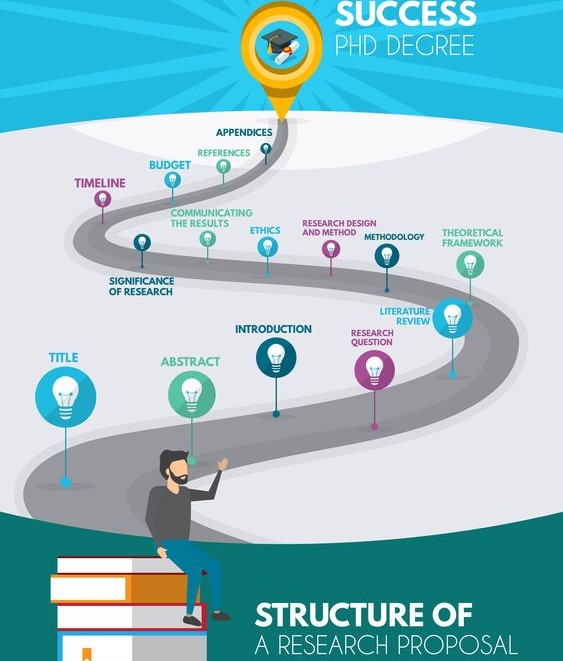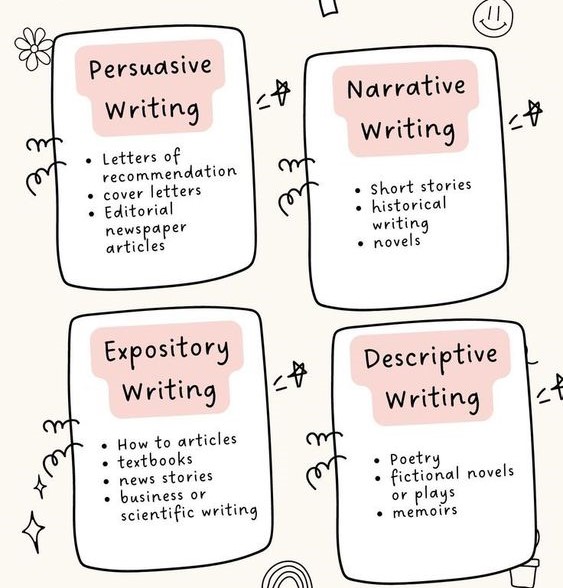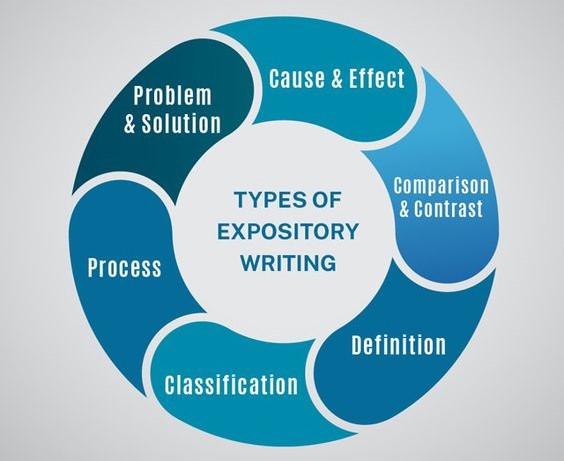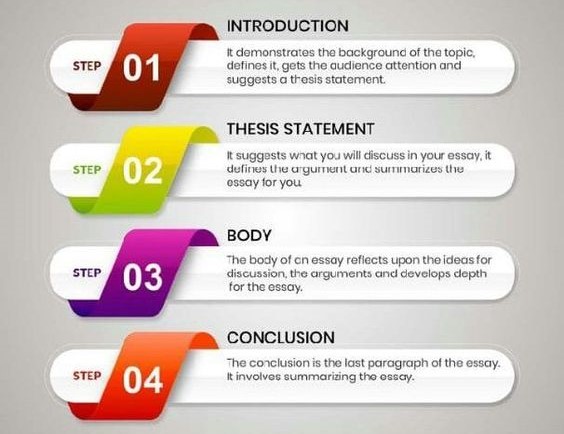
Table of Contents
Nursing is a demanding profession that requires not only extensive knowledge and clinical skills but also the ability to communicate effectively and articulate complex concepts. Throughout their academic journey, nursing students face a multitude of written assignments, including research papers, literature reviews, case studies and dissertations. The pressure to produce high-quality work that meets rigorous academic standards can be overwhelming, leading many students to seek nursing paper writing help.
This article delves into the multifaceted landscape of nursing paper writing, exploring the reasons why students seek assistance, the benefits of utilizing professional services, and the ethical considerations involved. We’ll provide insights into finding reputable and trustworthy services, as well as tips for maximizing the value of any nursing paper writing help.
Why Seek Nursing Paper Writing Help?
The need for nursing paper writing help stems from a combination of factors, including:
- Time Constraints: Nursing students are often juggling demanding coursework, clinical rotations, and personal responsibilities. Balancing these commitments while dedicating the necessary time to research, write, and edit lengthy papers can be a daunting task.
- Complexity of Subject Matter: Nursing is a multifaceted field with a vast body of knowledge, encompassing biology, anatomy, pharmacology, psychology, and ethics. Writing papers requires a deep understanding of these subjects and the ability to synthesize complex information in a clear and concise manner.
- Research Skills: Conducting thorough research is crucial for producing high-quality nursing papers. Students may lack experience in identifying credible sources, evaluating research methodologies, and effectively integrating research findings into their writing.
- Writing Skills: Crafting a well-structured and compelling argument requires strong writing skills, including clear communication, logical flow, and proper grammar and punctuation. Some students may struggle with these aspects, especially when faced with the demands of academic writing.
- Mental Health: The pressure to perform academically can take a toll on students’ mental well-being. Seeking nursing paper writing help can alleviate stress and anxiety associated with completing complex assignments. It allows students to focus on their other academic and personal priorities.
Benefits of Professional Nursing Paper Writing Help
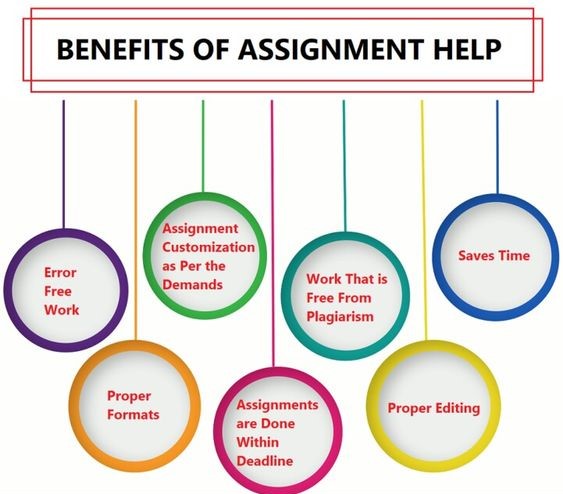
When used responsibly, professional writing help can be a valuable resource for nursing students, offering several key benefits:
- Improved Quality of Work: Professional writers with extensive knowledge of nursing and academic writing standards can significantly enhance the quality of your papers. They can provide expert assistance with research, structuring arguments, clarifying complex concepts, and ensuring adherence to formatting and citation guidelines.
- Time Management: By offloading some of the writing burden, you can free up valuable time to focus on other important aspects of your nursing education, such as clinical practice, studying for exams, and attending lectures.
- Stress Reduction: Knowing that you have professional support available can alleviate stress and anxiety associated with writing assignments, allowing you to approach your studies with a more relaxed and focused mindset.
- Enhanced Learning: While professional writers can provide assistance, they cannot replace your own learning and understanding. By working with a writer, you can gain valuable insights into research methods, writing styles, and academic expectations, ultimately enhancing your own writing skills.
- Increased Confidence: Having a well-written paper that meets academic standards can boost your confidence as a nursing student, empowering you to tackle future writing assignments with greater ease and competence.
Ethical Considerations and Choosing a Reputable Service
While the benefits of nursing paper writing help are undeniable, it’s crucial to approach this service with ethical awareness and a clear understanding of its proper use.
- Academic Integrity: Using a writing service to complete your entire paper without your own input is unethical and can lead to serious consequences, including academic penalties and even expulsion. The purpose of professional writing help is to provide assistance, not to replace your own work and effort.
- Plagiarism: Presenting someone else’s work as your own is a serious academic offense. Ensure that any writing service you utilize provides original, plagiarism-free content. Reputable services will use plagiarism detection tools to guarantee the originality of their work.
- Transparency and Communication: Choose a service that is transparent about its services, pricing, and guarantees. Communicate clearly with the writer about your specific needs and expectations, and ensure that you understand the terms of service before you engage with them.
- Reputable Services: Not all writing services are created equal. Research and choose reputable services with a proven track record of providing high-quality, ethical assistance. Look for services with experienced writers who have a deep understanding of nursing and academic writing standards.
- Focus on Learning: Remember that the ultimate goal of seeking writing help is to improve your own writing skills and understanding of nursing concepts. Use the feedback and insights provided by the writer to enhance your future writing abilities and develop your academic voice.
Tips for Maximizing the Value of Writing Help
- Start Early: Don’t wait until the last minute to seek assistance. Engaging with a writer early in the process allows for more time for collaboration and revisions, ensuring a high-quality final product.
- Provide Clear Instructions: Communicate your specific requirements, expectations, and any relevant materials to the writer. The more information you provide, the better equipped they will be to meet your needs.
- Be Active in the Process: Don’t simply submit your assignment and expect a finished paper. Engage with the writer, review drafts, provide feedback, and ask questions. This collaborative approach will ensure that the final product aligns with your vision and academic standards.
- Learn from the Experience: Use the opportunity to learn from the writer’s feedback and insights. Pay attention to their writing style, research methods, and structuring techniques. This can help you improve your own writing skills and approach to academic assignments.
Navigating the complexities of nursing paper writing is a challenge that many students face. By understanding the reasons why students seek assistance, recognizing the benefits of utilizing professional writing help responsibly, and adhering to ethical considerations, students can leverage this resource to enhance their academic journey. Remember, the goal of nursing paper writing help is to empower you to develop your own skills and become a confident and effective communicator in the nursing profession.
Get the Best Nursing Paper Writing Help

NursingPapers offers the best nursing paper writing help that you can always rely on for professional assistance with all nursing papers. We can help you with topic suggestion and also write the paper as your specific instructions. Besides, our services cover a wide range of academic papers including nursing essays, research papers, case studies and dissertations. Visit our website today to order a nursing paper and begin your journey to academic success!


